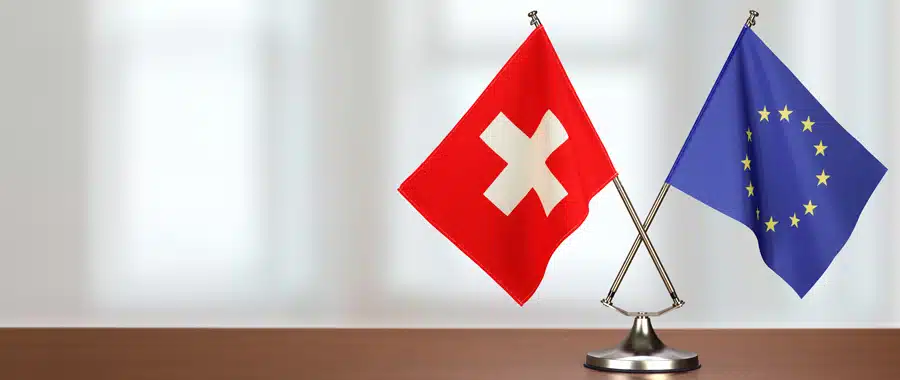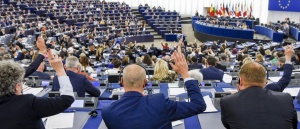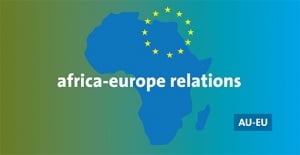The relation between Switzerland and the EU
The relation between Switzerland and the European Union (EU) has evolved over time. Switzerland is not a member of the European Union (EU), but it has been associated with the EU’s research and innovation programs for several decades. If Switzerland had been the associated country which participated the most in Horizon 2020, in the latest research and innovation funding program of the EU, Horizon Europe, Switzerland´s participation decreased dramatically for political reasons.
Switzerland’s history with the EU can be traced back to the formation of the European Economic Community (EEC) in 1957, which Switzerland chose not to join.
In 1960, Switzerland signed a free trade agreement with the EEC, which was updated and expanded in 1972. This agreement gave Switzerland access to the EU’s single market for goods, but not for services or people.
In 1992, Switzerland held a referendum on joining the European Economic Area (EEA), which would have given it access to the EU’s single market for goods, services, and people. However, the Swiss people voted against joining the EEA, largely due to concerns about immigration and sovereignty.
Since then, Switzerland has negotiated a series of bilateral agreements with the EU, covering areas such as trade, transport, research, and education. These agreements have given Switzerland access to parts of the EU’s single market, but on a sector-by-sector basis.
Since 2010, relations between Switzerland and the European Union (EU) have been marked by a number of political and economic challenges, as well as continued cooperation in various areas.
One of the most significant developments in Switzerland-EU relations during this period was the adoption of the Swiss popular initiative “Against Mass Immigration” in 2014. This initiative, which was supported by a majority of Swiss voters, called for quotas on the number of foreign workers entering Switzerland. The EU responded by freezing negotiations on a number of bilateral agreements, including one on research and innovation, until Switzerland agreed to implement the free movement of people.
In 2016, Switzerland and the EU reached a compromise agreement, under which Switzerland would introduce safeguards to limit the number of foreign workers entering the country, while still allowing for the free movement of people. This agreement allowed negotiations on other bilateral agreements to resume, including on research and innovation.
However, negotiations on a new framework agreement to regulate Switzerland’s relationship with the EU have been ongoing since 2018, and have proven difficult due to disagreements over issues such as wage protection and state aid rules, but for the time being, it did not have any impact of the participation of Swiss organisations in Horizon 2020. So, as an associated country, Switzerland was able to participate in all aspects of Horizon 2020, including submitting proposals, receiving funding, and collaborating with other research institutions and organizations across Europe. Swiss researchers and institutions were also able to lead projects and consortia and to participate in the governance of the program through the various committees and bodies established to oversee it.
Switzerland’s participation in Horizon 2020 was significant, with Swiss researchers and institutions receiving more than €2,43 billion of Net EU Contributions.Swiss participation was particularly strong in areas such as health, information and communication technologies, and materials science, among others.
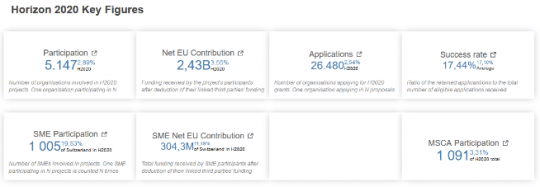
Source: https://webgate.ec.europa.eu/dashboard/extensions/CountryProfile/CountryProfile.html?Country=CH
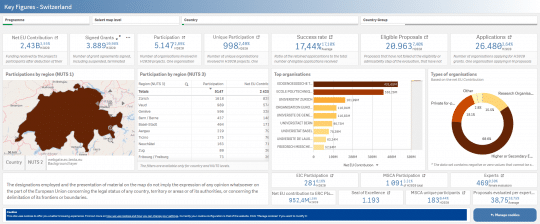
However, the ratification process of the framework agreement has been complicated by the disagreements over the free movement of people between Switzerland and the EU. In 2021, the EU announced that it would not recognize Switzerland’s financial equivalence, a decision that could have major implications for Switzerland’s financial services sector. These disagreements have also made it more difficult for Switzerland to participate fully in the EU’s research and innovation programs, including the latest program, Horizon Europe.
Switzerland is participating in Horizon Europe on a provisional basis, which means that it cannot yet access the full range of funding opportunities available under the program.
As a result, the participation of Switzerland decreased dramatically with a Net EU Contribution of 36,87 Million Euro and only 874 participations for the first 2 years of Horizon Europe.
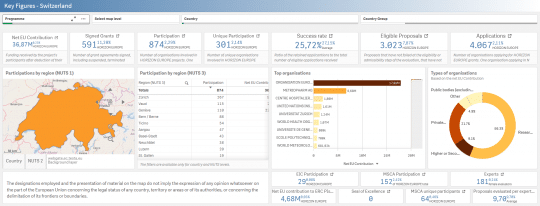
Despite the challenges, Swiss researchers and institutions are expected to continue to play a significant role in Horizon Europe, particularly in areas such as health, information and communication technologies, and materials science, among others. Swiss researchers and institutions have a strong track record of collaboration with their EU counterparts, and this is expected to continue under the terms of the association agreement.
Switzerland and the EU continue to cooperate in a range of areas, including trade, security, and research and innovation. Switzerland remains an important economic partner for the EU, and a hub for research and innovation in Europe.

